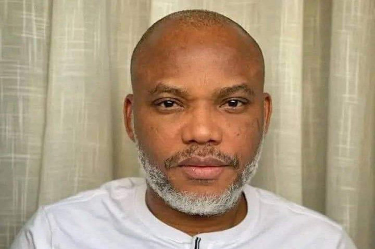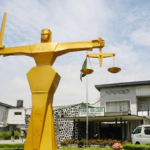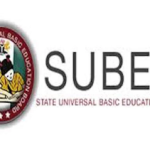Barrister Njoku Jude Njoku, a consultant for Mazi Nnamdi Kanu’s defense team, has issued a scathing statement asserting that the Supreme Court made a grave error by ordering the continuation of the IPOB leader’s terrorism trial. This order came after the Court of Appeal had already acquitted and discharged Kanu on October 13, 2022.
The lawyer argues that the Supreme Court’s December 15, 2025, decision to send the case back to the Federal High Court for trial continuation is “jurisdictionally impossible” and violates fundamental legal principles.
Key Points of the Critique:
* Violation of Finality: Njoku claims the ruling violates the “Doctrine of Finality of Appellate Discharge,” a core principle in common law where an acquittal by an appellate court is final and irrevocable.
* Constitutional Immunity: He stresses that Section 36(9) of the Nigerian Constitution grants absolute immunity against re-trial for the same offense once a person has been discharged by a competent court. This immunity, he argues, is “self-executing, absolute, and beyond the reach of any judicial organ,” including the Supreme Court.
* Supremacy of the Constitution: The statement contends that while the Supreme Court interprets the law, the Constitution is the supreme law (\text{S}1(1) and \text{S}1(3)), and the Court cannot violate a clear constitutional right (like \text{S}36(9)).
* No Reversal of Core Findings: According to Njoku, the Supreme Court could not simply remit the case without first reversing the Court of Appeal’s key finding of “illegal rendition” or convicting Kanu on the remaining charges. By remitting a charge that had been “extinguished,” the court “violated” the law.
* Judicial Insurrection: Njoku further accuses the smaller five-member Supreme Court panel of committing a “second constitutional abomination” by overturning settled African Charter jurisprudence established by a larger seven-member constitutional panel, which he calls an act of “judicial insubordination” and a violation of the doctrine of stare decisis (precedent).
In essence, Njoku maintains that Kanu’s acquittal by the Court of Appeal “nullified his trial” and that the Supreme Court’s attempt to revive it is void ab initio (invalid from the start) and a “global jurisprudential heresy.”

Posted inNews




